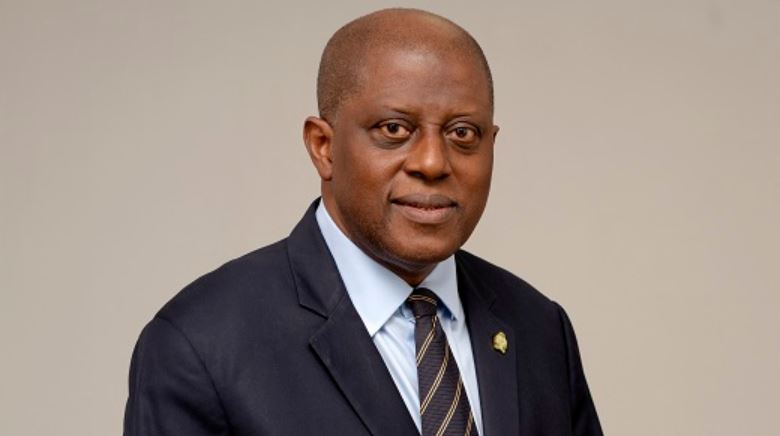Paragraph 1: Restoring Confidence and Stability: The CBN’s Commitment to Reform
The Central Bank of Nigeria (CBN), under the leadership of Governor Olayemi Cardoso, has embarked on a comprehensive reform agenda aimed at restoring investor confidence and achieving long-term macroeconomic stability. Recognizing the need for a fundamental shift in the bank’s operations, Cardoso has emphasized a pragmatic, forward-looking, and people-centric approach. The CBN’s commitment to reform is driven by a desire to unlock economic opportunities for Nigerians and establish a solid foundation for sustainable growth. Recent actions taken by the Bank underscore its dedication to this transformative process.
Paragraph 2: Strengthening Financial Inclusion and Global Integration:
A key element of the CBN’s reform strategy is enhancing financial inclusion, particularly for Nigerians living abroad. The launch of the Non-Resident Bank Verification Number (BVN) platform represents a significant stride in this direction. This innovative platform, developed in collaboration with the Nigeria Inter-Bank Settlement System (NIBSS), allows diaspora Nigerians to register for BVN remotely, facilitating their participation in the Nigerian financial system while upholding stringent regulatory standards. This initiative underscores the CBN’s commitment to extending financial services to all Nigerians, regardless of their location.
Paragraph 3: Maintaining Monetary Policy Stability and Macroeconomic Gains:
The CBN’s Monetary Policy Committee (MPC), at its 300th meeting, made a crucial decision to retain key monetary policy parameters. The Monetary Policy Rate (MPR) was held at 27.5 percent, and the Cash Reserve Ratio (CRR) for Deposit Money Banks (DMBs) remained at 50 percent. This decision reflects the CBN’s focus on consolidating macroeconomic gains achieved thus far, including moderating inflation, stabilizing exchange rates, and bolstering external reserves. By maintaining these parameters, the CBN aims to create a stable macroeconomic environment conducive to sustainable economic growth.
Paragraph 4: Internal Transformation and Capacity Building at the CBN:
Recognizing the importance of internal alignment with its reform objectives, the CBN recently conducted a strategic board retreat in Akwa Ibom State. This retreat provided a platform for in-depth discussions on strengthening institutional capacity, enhancing governance structures, and accelerating the digital transformation of the CBN’s operations. By focusing on these critical areas, the bank aims to improve its efficiency, effectiveness, and responsiveness to the evolving needs of the Nigerian economy.
Paragraph 5: Recognition and Awards for Reform Efforts:
The CBN’s commitment to reform has garnered recognition from various quarters. The Bank received the "Market Reform Initiative of the Year" award from Nairametrics, acknowledging its efforts to modernize and strengthen the Nigerian financial market. Furthermore, Governor Cardoso was honored with the "Central Bank Governor of the Year" award at the 2025 African Banker Awards, a testament to his leadership in driving these transformative changes. These accolades underscore the positive impact of the CBN’s reforms on the Nigerian economy and its growing influence on the African financial landscape.
Paragraph 6: Continued Progress and the Path Ahead:
While acknowledging the progress made, Governor Cardoso emphasizes that much work remains to be done. The CBN recognizes the challenges that lie ahead and remains committed to its long-term vision of a stronger and more resilient Nigerian economy. The Bank will continue to pursue its reform agenda with steady determination, focusing on delivering tangible benefits to the Nigerian people and creating a stable and prosperous future for the nation. The CBN’s unwavering commitment to reform, coupled with its focus on inclusivity and long-term sustainability, positions Nigeria for continued economic growth and development.


